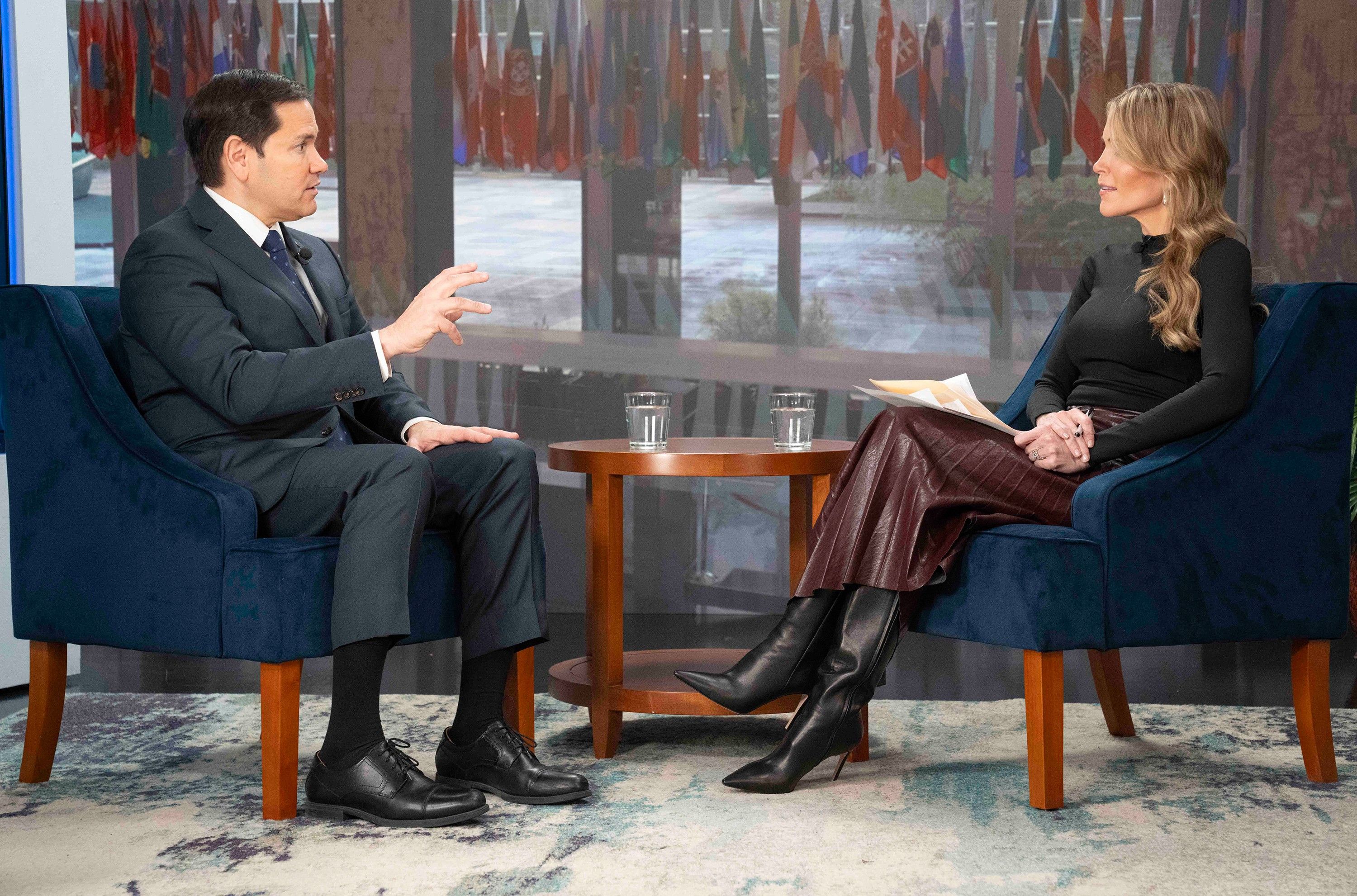I almost fell off my chair listening to Secretary of State Marco Rubio’s recent interview with former Fox News host Megyn Kelly where he declared unipolarity an anomaly and treated a return to multipolarity essentially as a correction by the gravitational forces of geopolitics.
This is what he said:
“So it’s not normal for the world to simply have a unipolar power. That was not — that was an anomaly. It was a product of the end of the Cold War, but eventually you were going to reach back to a point where you had a multipolar world, multi-great powers in different parts of the planet. We face that now with China and to some extent Russia, and then you have rogue states like Iran and North Korea you have to deal with.”
Rubio’s comments should be getting more attention.
Setting aside whether he truly believes this or is simply adjusting to President Trump's worldview, it is still very significant for the secretary of state to not only declare unipolarity over (Hillary Clinton said the world was multipolar already in 2010, but saying it and meaning it are two different things), but to also treat the return to multipolarity as a return to normalcy.
It’s not clear how far Rubio has thought this through, and he makes no mention of ending primacy as a grand strategy. However, he speaks of centering U.S. interests in U.S. foreign policy and that the U.S. cannot be responsible for resolving every problem in the world.
But if one sees unipolarity as a historical accident and an anomaly, then it would be difficult to justify a grand strategy of primacy or liberal hegemony that, at its essence, seeks to either restore or prolong that anomaly.
Of course, the gap between what is thought, what is said, and what is done by the Trump administration may be quite sizable.
Either way, Rubio's interview here deserves more attention. Not only because it is refreshing but also because a serious grandstrategic conversation — free from dishonest accusations of isolationism or China-hugging — is long overdue.
- Rubio pushes ‘bold diplomacy’ for Ukraine, confrontation with China ›
- With Rubio, Waltz, a harder line on Latin America looms ›
- Trump eyeing hawks and neocons for top foreign policy/NatSec roles ›
















